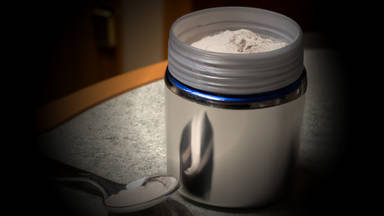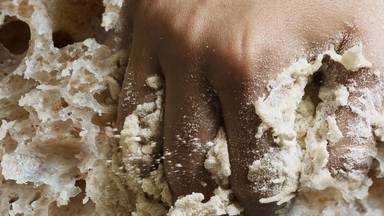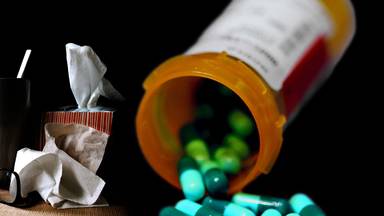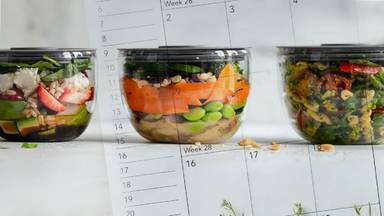
Do you find yourself struggling with getting fit? Has this ever happened to you, going to the gym but after a while getting disappointed because you felt it didn’t shed any fat from your body?
Although exercise has long been touted as a key component to shed fat, it is not always the silver bullet. In this article, we have discussed and compared the benefits of dieting and exercising for losing weight so you can have a clear view for your strategy planning.
Benefits of taking a diet
One of the most effective ways for weight loss is a calorie deficit of 500 calories per day.
To be in a deficit calorie, you need to consume fewer calories from eating and drinking than you burn. It is easier to be in a calorie deficit by modifying your diet rather than burning significant calories through exercise. Skipping out on bread can cut out 256 calories from your daily calories intake, while you need to walk around an hour to burn that amount of calories.
Exercise is time-consuming. You may not have enough time for a gym session. But you can achieve your calorie deficit by just skipping out a meal.
Why dieting is not enough?
The analysis made by the research journal Obesity after interpreting the data collected from contestants of “The Biggest Loser” reality television show, suggests that metabolism will slow down dramatically after losing a lot of weight. Which can explain why it is so difficult to maintain weight after losing it. (1) Therefore, exercise prevents gaining excess fat and helps you stay fit after losing weight.
Moreover, exercise can make you burn abdominal fat and build muscle and preserve them, but by having a diet without exercising you may lose some lean muscles along with fat. To keep your weight off, you need to maintain an exercise routine. To create more muscles, do resistance workouts such as lifting weights, working with resistance bands, yoga, bodyweight exercises like squats, and more.
Other benefits of exercise
Exercise helps decrease the chances of developing heart disease. It also combats health conditions such as arthritis, cancer, type 2 diabetes, high blood pressure, and more.
Exercise is a mood booster.
Taking a gym session or having a brisk walk before work can lift you up emotionally. It helps you to prevent or manage anxiety and depression significantly.
Plus, exercise can boost your confidence and self-esteem by stimulating testosterone secretion. Researchers have discovered that higher levels of testosterone can result in higher self-esteem.
Moreover, exercise can help your body to detect illness earlier by causing antibodies and white blood cells to circulate more rapidly. There is also a study suggesting that physical exercise can help your immune system in fight against COVID-19.(2)
How much exercise is enough?
Cleaning the house, going shopping, making the bed are all forms of physical activity. Small bits of exercise are good enough to start. You do not need to push yourself hard from day one. Just a 30 minutes walk after dinner, or light exercise after work or taking the stairs instead of using the elevator.
To get the best result, try to keep control of your diet while you do your exercise routine.
Latest findings suggest that having a light exercise routine is more effective in losing weight, than having an intense one in the gym. Since light exercise won’t trigger “calorie compensation effects” by increasing your appetite hormones.
Bottom Line
Diet and exercise go hand-in-hand to taking you to your ideal weight and maintaining it. (3)
Exercise can help you lose weight because it creates a calorie deficit (burning more calories than you consume) but you need to maintain your exercise routine even after you reach your ideal weight.
Footnotes:
1. https://onlinelibrary.wiley.com/doi/epdf/10.1002/oby.23308
2. https://www.ncbi.nlm.nih.gov/pmc/articles/PMC7387807/
3. https://pubmed.ncbi.nlm.nih.gov/25257365/









